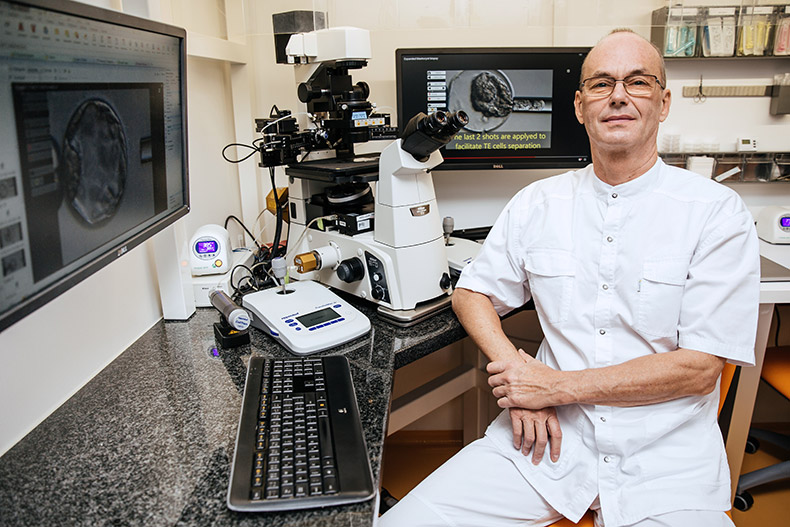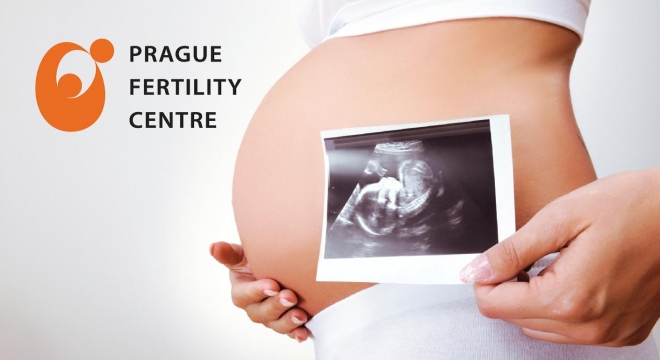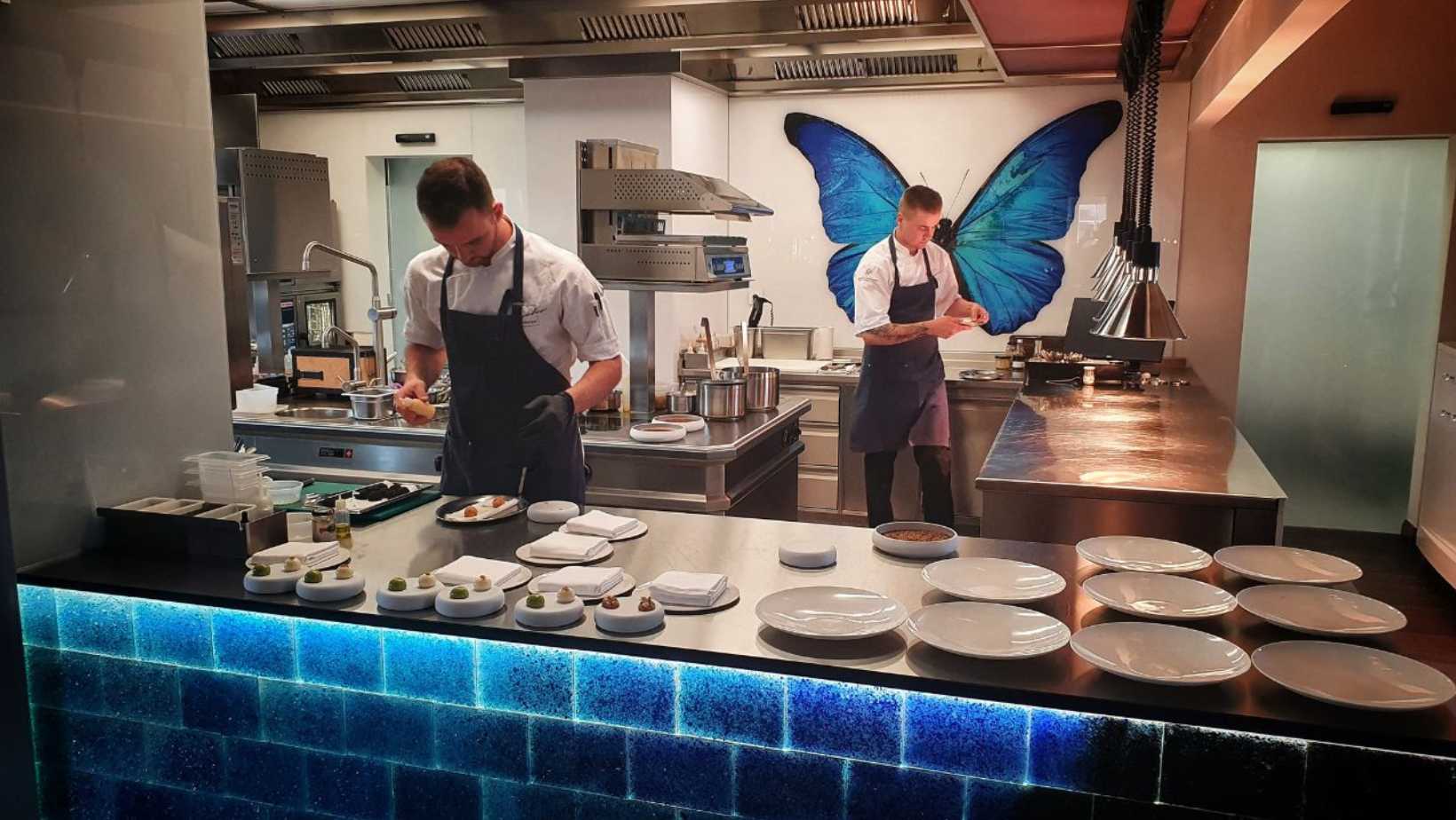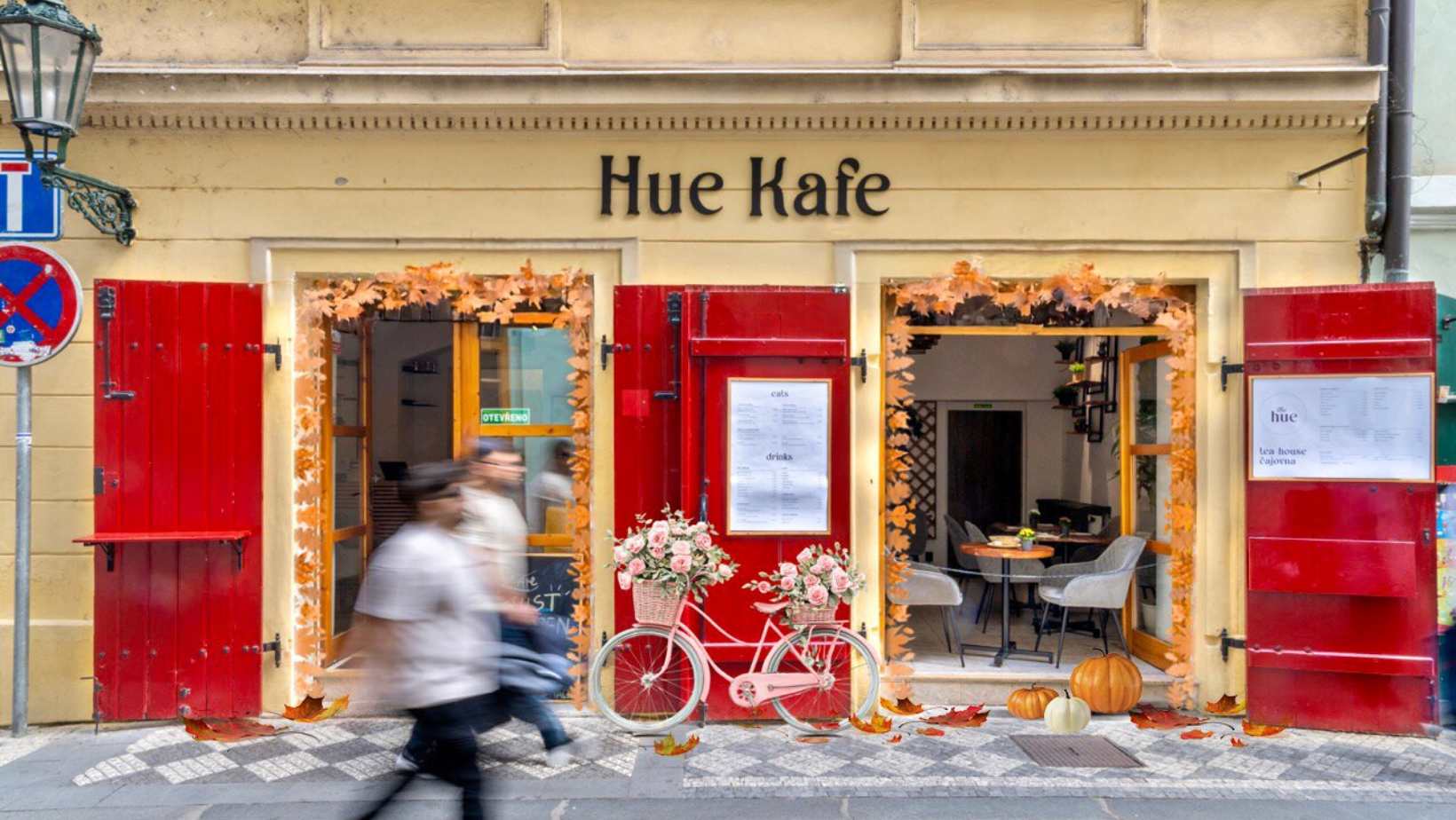Fertility problems are common; one in six heterosexual couples worldwide experiences some form of infertility problem at least once. The Czech Republic is a desirable destination for all methods of IVF (In vitro fertilisationtreatments.
The average cost in Czech Republic for IVF is between €2,700 and €5,700, with donors’ eggs between €4,500 and €8,000. In comparison, the price of IVF in the UK can hit a maximum of €10,000 and €14,000 respectively.
Czech IVF clinics are also amongst the best in Europe in terms of success rates. According to a 2014 report from the European Society of Human Reproduction and Embryology (ESHRE), the average birth rate for IVF using the patient’s own eggs was around 33 per cent for those under 35 years old, 25.4 per cent for patients aged 35-39 and 13.2 per cent for patients over 40.
The average birth rate for IVF treatment with donor eggs was higher, at 46.8% for all age groups. As well as the traditional IVF, there’s also the option to pursue ‘social freezing’, a relatively new treatment designed to freeze eggs or sperm at the peak of your fertility.
After collection, the gametes are cryopreserved until the owner is ready to start a family. It’s possible to do this for years.
The Human assisted reproduction legislation in Czech Republic is one of the most liberal ones in Europe, perhaps worldwide.

Dr. Hlinka
The Czech law allows for properly tested people to donate their gametes. So, from anonymous reproductive cells donation programs to advanced genetic testing, couples that have depleted every treatment possibility at home can find adequate help at centres like PFC, Prague Fertility Centre, a well-known private clinic based in Vysočany, founded 11 years ago by Dr. Sonja Lazarovska, a gynaecologist and Dr. Daniel Hlinka, an embryologist; esteemed specialists who have both made significant contributions to the field.
“We have seen the market evolve for the past 25 years. We are opening a completely new floor with modern facilities and state of the art Lab in 2021. We will offer better comfort and privacy to our patients, as well as increased treatment capacity. We will be able to help twice as many couples as we do today„ said Dr. Hlinka.
Coronavirus related restrictions have changed the way that fertility treatments are carried out. But they are still safe to do. Prague Fertility Centre has adapted to the situation by offering online consultations, which as well as talking through treatment options, provides information for donors and guidance for women self-injecting hormones at home in preparation for egg collection and fertilisation.

This process, known as hormonal stimulation, is a key part of IVF, and so women are encouraged to self-isolate when doing so, as planning a pregnancy, even when doing so naturally, already means taking extra preventive measures to avoid getting the virus.
“The ever-changing Coronavirus situation has led us to require a negative covid test before starting any treatment, this is in the best interest of our patients, a healthy pregnancy, and of course, of our staff. We would like to assure all our patients that there is no evidence about IVF increasing the risk of infection. With regards to Covid-safe facilities, PFC has upped the intensity of our usual cleaning regime, implemented mask-wearing, hand sanitising, and temperature checks at reception,” said Dr. Lazarovska.
“We have also increased the number of online consultations to reduce the number of people visiting us. Since we opened the Centre, online consultations have always saved our patients’ travel time and expenses, while still provided all the necessary medical help,” she adds.
“When Coronavirus first hit, a lot of people felt it was not the right time to start a family, but as the world seems to have learned to ‘live with the virus’, people have decided not to postpone their family plans any longer. Meanwhile, our single clients have decided to freeze their eggs or sperm while they are healthy and fertile. Explained Dr. Svabikova, the Centre’s Senior IVF physician, dedicated to helping German and English speaking patients.

When asked about Brexit and how it would affect the travel of UK citizens for IVF treatment after January 1st, 2021, Dr. Svabikova commented: “We don’t foresee any complications. Except for queuing in a separate lane at border control, all our British patients will continue to receive treatment like before”.
An estimated 9 million babies have been born through in-vitro fertilization (IVF) since 1978, and the popularity of the treatment shows no sign of slowing down.
So while fertility treatments are closed off to many, a couple struggling to start a family will find endless commitment and support at PFC “We will not make false promises, but we will fully commit, from day one, to help all our patients achieve a healthy baby” said Dr. Svabikova.
-
NEWSLETTER
Subscribe for our daily news










